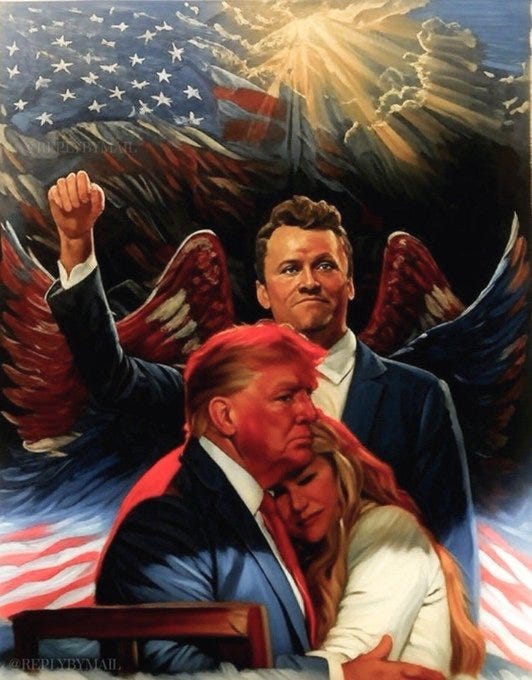Forgive them, Father
Erika Kirk’s “I forgive him” wasn’t catharsis. It was a starting gun—a first step toward a Christian revival and a national reorientation.
OPINION: By Walter Curt
Millions of Americans saw it, and millions felt it: not a performance, not a political gesture, but a moral earthquake. In a moment when the world expected rage, Erika Kirk said three words: “I forgive him.” Those words did not erase grief. They did something far more dangerous to darkness: they withdrew its fuel. Hatred feeds on …




